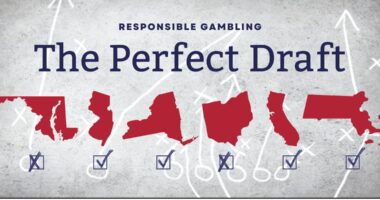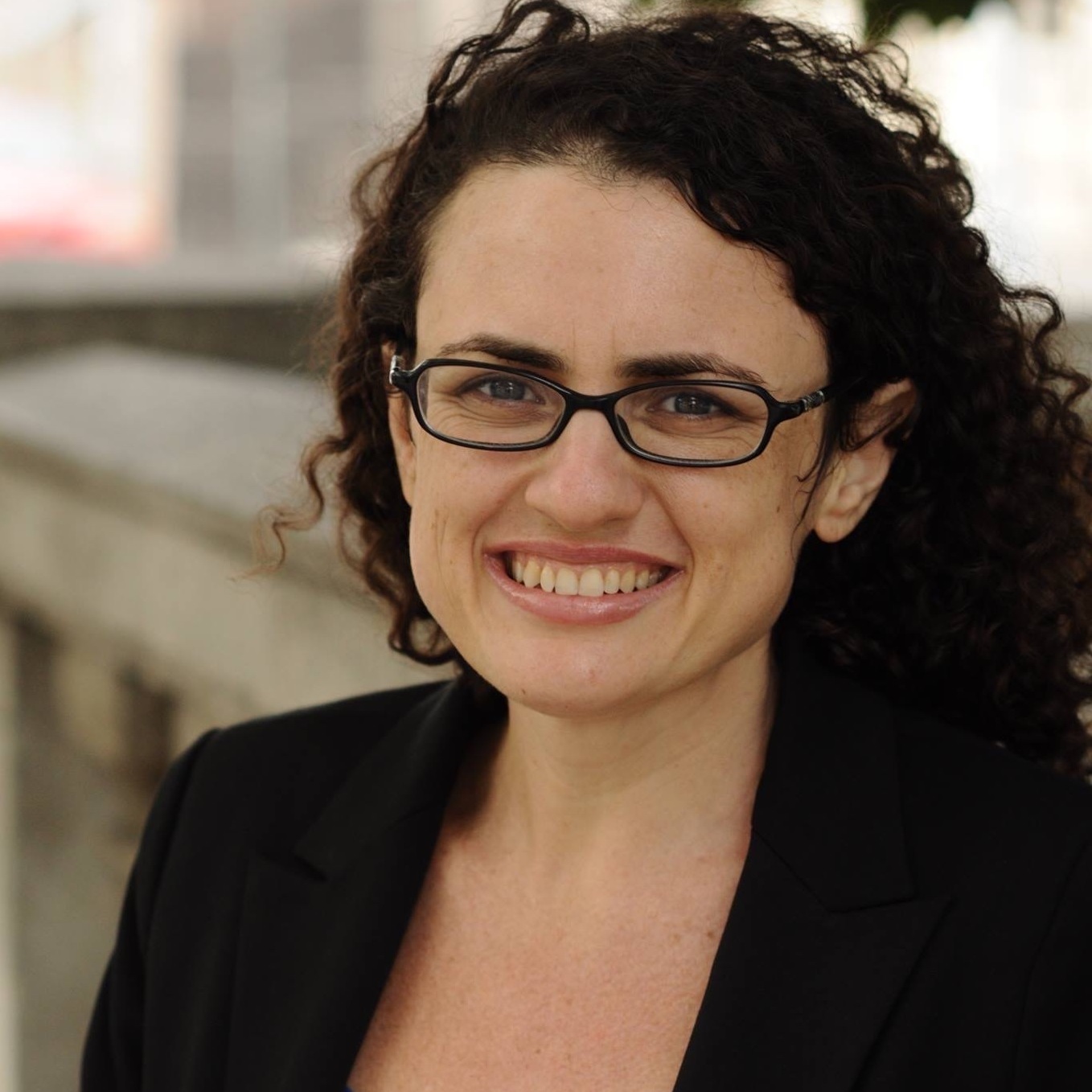Fantasy Draft Of State Responsible Gambling Programs

Vegas natives may have grown up with the fear of legalized gambling spreading to other parts of the country. The threatening loss of profitable visitors to the gambling capital of the US only blindfolded Nevada residents to the fact the rest of the country had quite a bit to teach them about responsible gambling.
So much so that we’ve drafted a fantasy team consisting of the best parts of US responsible gambling programs across the country. We pulled in Alan Feldman, distinguished fellow in responsible gaming for UNLV’s International Gaming Institute, and Keith Whyte, executive director for the National Council on Problem Gambling, for draft selection advice.
Responsible gaming is an essential part of casino and sports betting business practices as more US states embrace legalized gambling. Addictive behaviors can be stopped in their tracks by offering self-exclusion programs, employee training, restrictions on the use of credit for operators, or advertising to be proactive in their approach. However, not all programs are created equal. Where one state might focus on treatment and recovery another might put more focus on educating the public.
Here are our first-round picks for winning state programs in the responsible gambling space:
California: Responsible gambling education starts early
“We’ve found from various studies that roughly 4% of teens meet criteria for gambling problems,” Whyte said. “We don’t want to be alarmists, as kids do risky behavior. It may be as simple as betting on who can run the fastest or betting on sports with friends. But talking about it now can reduce the risk of it becoming a serious problem.”
California’s Office of Problem Gambling offers youth education materials to tackle those tough conversations. The CalGETS outreach pamphlet, which is available for free to schools and community organizations, includes tips for parents and kids on detecting problem gambling.
For instance, middle school parents should be concerned when their children or teens tell them they need money for clothes or other school supplies, and their kids don’t return home with the items. The money could be spent gambling.
Maryland: Solid addiction treatment
“Maryland provides money for treatment, which is critical,” Feldman said. “They also have a robust research program.” And it doesn’t just track the touchdowns. It tracks how many people go in for treatment, the communication method that worked to reach them and whether the treatment was effective. Maryland also makes needed changes over the years to improve success and reach, i.e., it is very aware that sometimes you have to trade players or program components midseason to win the Super Bowl.
Ohio: Massive awareness campaign
Ohio runs a campaign that is as public as possible, as new laws were passed recently, allowing sports betting to begin Jan. 1. It uses bus shelters to remind Ohio gamblers to have a plan before they gamble, Feldman said.
“If you have a plan to spend $100, then the chances go up dramatically that that’s exactly what you’ll play with,” he said.
Don’t think about your budget after gambling away part of your rent or mortgage payment. Budget ahead for gambling like you would for what to spend on other forms of entertainment.
Massachusetts: Early morning drills
Even before gambling was legalized, Massachusetts put in the extra work ahead of time. It researched a baseline to see what the prevalence of problem gambling was in the state. This way, it could continue to monitor changes in problem gambling with legalization and whether its programs are effective. While you can never go back to before your team started to build the foundation, you can start research measuring program effectiveness any time and get in those drills at sunrise. Having solid data to measure progress is key.
New York and New Jersey: The veterans in mental health care
Infrastructure is stronger in the mental health programs in New York and New Jersey because of a solid and long-standing relationship with their states’ mental health departments, Feldman said. Even still, the treatment program is reaching only a small percentage of those it could help. Thus, the states have to increase state funding caps (like team salary caps) to help more individuals.
These are only six of the state-funded responsible gambling programs making the cut for the first round of the fantasy draft. Check back in to see which states make the list next.








